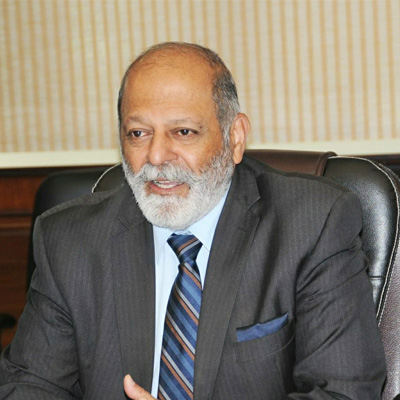The dimming of a Chinese strongman’s aura
Director General, MP-IDSA, Amb. Sujan R. Chinoy’s article on Chinese President Xi Jinping’s leadership, titled ‘The dimming of a Chinese strongman’s aura’ has been published in ‘The Hindu’ on June 01, 2020.
The alienation by China of a sizeable section of the international community and public criticism of Mr. Xi, including in the Chinese social media, suggest that the sun may have reached its zenith, writes Amb. Chinoy.






